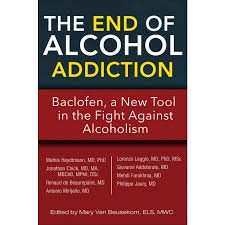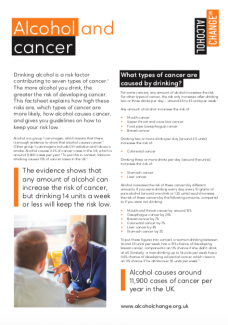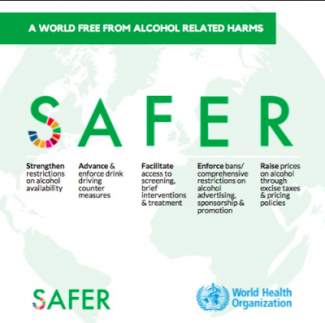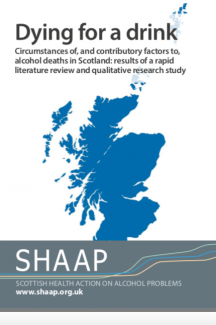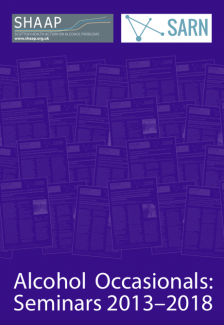Baclofen as a Treatment for Alcohol Use Disorder
Alcohol use disorder (AUD) is a brain disorder associated with high rates of mortality and morbidity worldwide. Baclofen, a selective gamma-aminobutyric acid-B (GABAB) receptor agonist, has emerged as a promising drug for AUD. The use of this drug remains controversial, in part due to uncertainty regarding dosing and efficacy, alongside concerns about safety. The maintenance dose varies widely from 30 to more than 300 mg/day. Baclofen may be particularly advantageous in those with liver disease, due to its limited hepatic metabolism and safe profile in this population. Patients should be...
